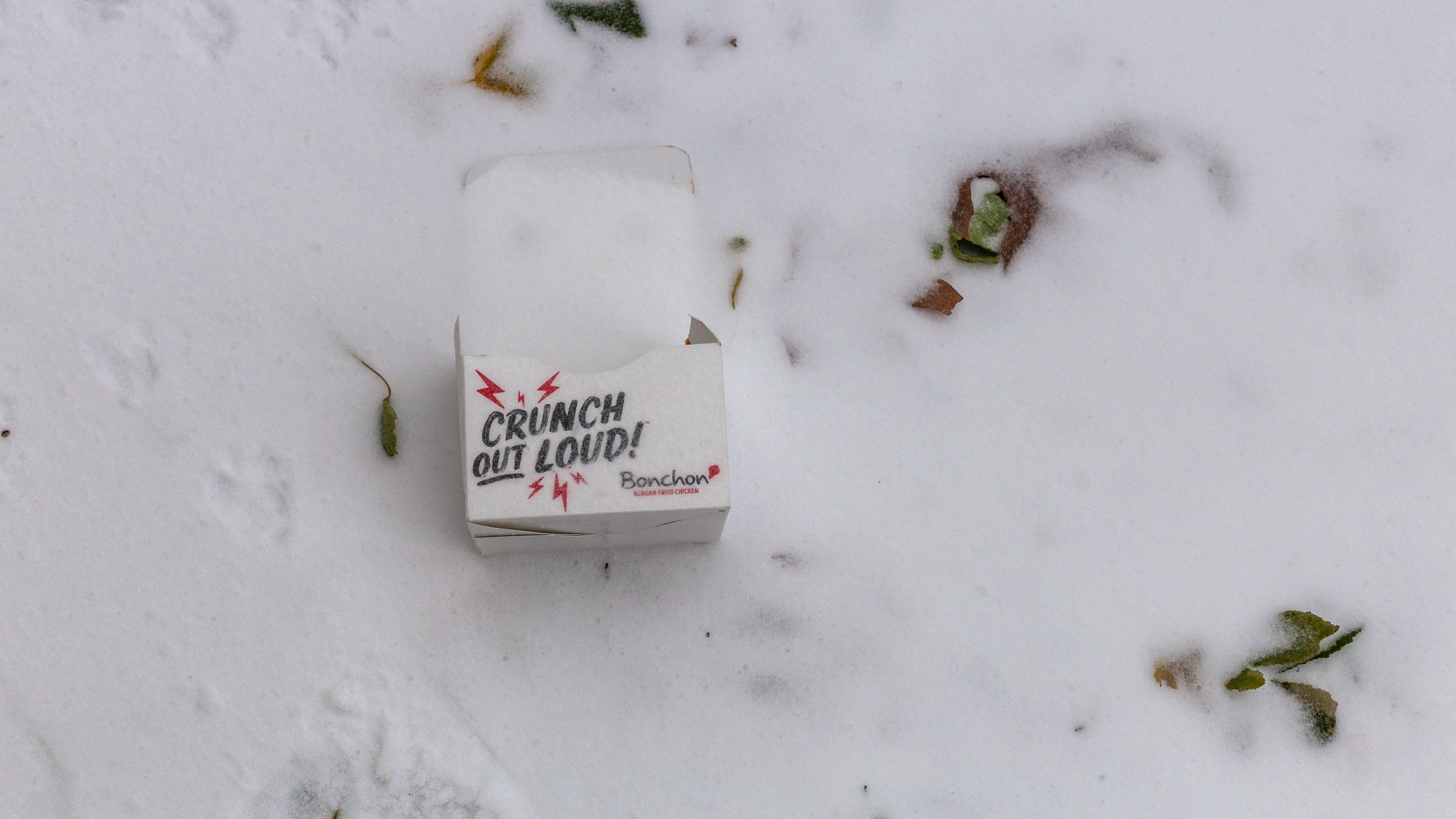If 2022 becomes the norm weatherwise, we’re all going to need more gear.
The year started with the wettest spring on record, then brought the hottest, driest August. December’s wind felled trees and iced streets. That cold snap didn’t set a record, according to the National Weather Service, but it felt that way after a baking autumn.
“It was a roller coaster,” says Tyler Kranz, a meteorologist at the National Weather Service’s Portland office. “Each season is more extreme lately.”
Things got weird early in 2022. Almost 2 inches of snow fell at Portland International Airport on April 11-12, marking the latest spring accumulation of snow ever recorded, Kranz says. Rain came next. The month of May was the wettest since 1941 and the 10th-wettest on record. On June 10, 1.42 inches fell, marking the fourth-rainiest June day ever.
Next came the heat. July was the fourth warmest on record, and August was both the warmest and driest ever at PDX. Heat records fell again for September and October, when the Nakia Creek Fire exploded in Southern Washington, cloaking Portland in late-season smoke.
“To get three months in a row with the warmest record is unusual,” Kranz says.
Meteorologists are loath to attribute any single weather event to climate change, and Kranz is no different. The broader trends are clear, though, he says. It’s getting hotter and drier, even in the moss-covered Northwest.
“We can safely say that the records in general point to a warmer, drier climate,” Kranz says. “That’s what we’re seeing in the data.”
Warm air holds more moisture, too, so when it does rain, it tends to pour, experts say.
Even December’s arctic blast might have something to do with a warming world. The Arctic is warming faster than anywhere else, and the shift is setting up patterns that can allow frigid air to break out of northern latitudes and barrel southward with greater frequency, according to a 2021 research paper in the journal Science. Such outbreaks have happened for the past three years, according to the Washington Post.
The Pacific Northwest is often insulated from such Arctic intrusions by the Rocky Mountains, which shunt the cold eastward. This year, the icy breakout was large enough to send dense, frigid air howling out of the Columbia Gorge. The temperature in Portland plummeted to 20 degrees Dec. 22 and 23, and didn’t rise above 25 on either of those days.
“It wasn’t a record, but it was close,” Kranz says. “It felt impactful because we had a hot, dry summer.”
If you didn’t put an air conditioner and a new down coat on your holiday list, you probably should have.

